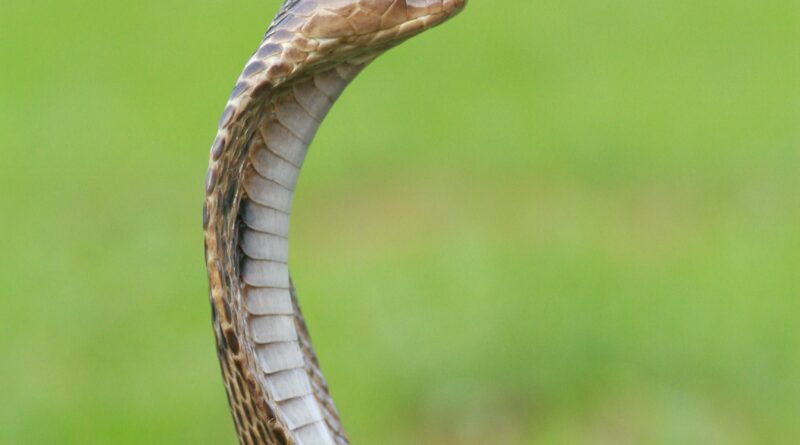Dasoku
Today, I will talk about the Japanese word “dasoku.”
蛇足
“Da” means “snake,” “soku” means “feet,” and “dasoku” expresses “superfluous things” or “unnecessary acts.”
今日は「蛇足」という日本語を紹介します。
(Google translate said that dasoku is “icing on the cake.”)
「蛇」は “snake,” 「足」は “feet” を意味し、「蛇足」は「余計なもの、不要な行為」などを表します。
The etymology of dasoku is derived from the following Chinese story:
蛇足の語源は、以下の中国の故事に由来します。
In the country of Chu, alcohol was given to servants in a festival.
楚の国で、先祖を祭る行事の際、召し使いたちに酒が振る舞われました。
However, since it was small in amount, they decided that only the first person who finished drawing a snake can drink all of the alcohol.
しかし全員で飲むには少ない量だったため、彼らは蛇の絵を最初に描き終えた者が飲めるということにしました。
A man finished drawing a snake, and he added the snakes feet while grabbing the alcohol, but his victory became invalid because snakes don’t have feet.
最も早く描けた者は、酒を手に取り余裕を見せながら蛇に足を描き加えたところ、「蛇に足はない」ことからその者の勝利は無効となってしまいました。
From this story, dasoku (snake’s feet) comes to express “superfluous things.”
このことから、「蛇足」は「余計なもの」を表すようになったとされています。
Japanese people sometimes say “it might be dasoku, but …” when we state our opinions in a condescending attitude.
日本人は意見を述べるときなど、謙遜の意味を込めて「蛇足かもしれませんが」のように使うことがあります。




